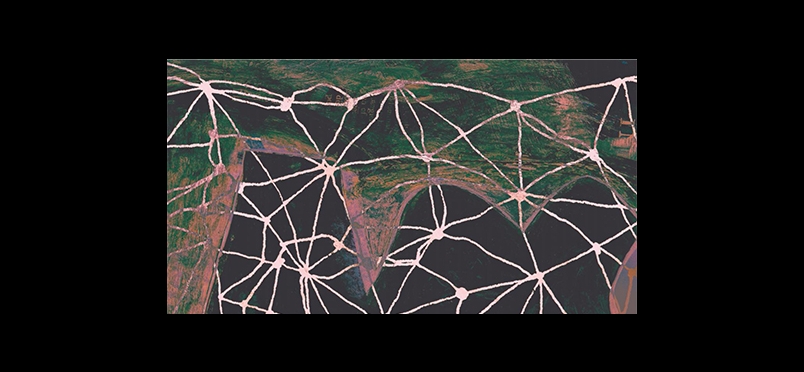| research/study
New Hope for Relief of Age-Related Itch?

Understanding Touch Receptor Activity, Yielding New Targets for Treatment
Insights from new research may help to explain why aging is often accompanied by a heightened itch response to contact with clothing or even light touch to the skin. This condition, also called mechanical itch, is also resistant to most anti-itch treatments, including hydrocortisone. A research team from Washington University School of Medicine found that the magnitude of itch response is inversely related to the number of touch receptors in the skin, and that these numbers decline with advancing age. Senior investigator Hongzhen Hu, PhD, associate professor of anesthesiology and a researcher at the university’s Center for the Study of Itch, commented, “Itching caused by touch becomes more common as we age and is especially problematic for people with dry skin or who already suffer from chronic itching. It can be more than a nuisance, and there are no drugs available to treat this type of itching, so we wanted to identify the underlying causes in hopes of finding better ways to treat it.”
Working with mouse models, the research team found that the population of Merkel cells, a type of touch receptor, declined as the animals aged. Mice with dry skin were also found to have fewer Merkel cells, and both conditions were found to correlate with elevated itch response to light touch of the skin. Dr. Hu continued: “What exactly Merkel cells do has not been clear, but our findings suggest they help control the itch response. When you lose these cells, their ability to inhibit itch also is lost.” The researchers next examined genetically engineered mice whose Merkel cells could be activated with a chemical compound. Activation was found to reduce the itch response. Additionally, they report that the presence of the protein Piezo2 on the cell membrane also appears to control the activity of the cells. These findings suggest new therapeutic targets that, if replicated in humans, may offer fresh hope for relief of age-related mechanical itch. The findings were published last week in the journal Science.
Read a news story about the research findings.
The journal article may be read here.
Did you enjoy this article?
Subscribe to the PAINWeek Newsletter
and get our latest articles and more direct to your inbox
